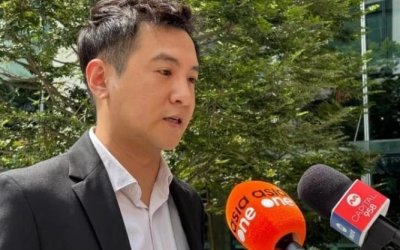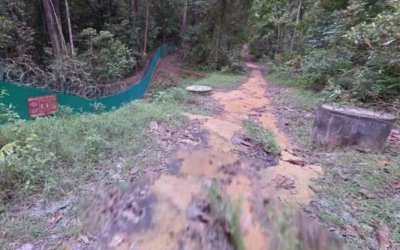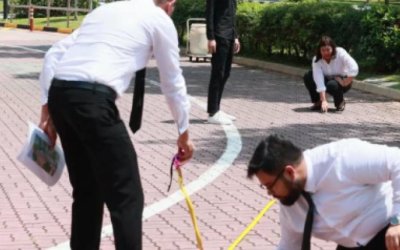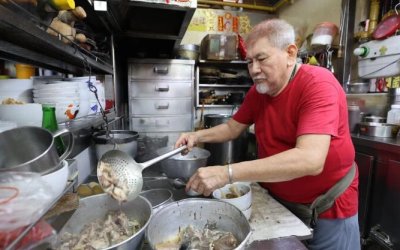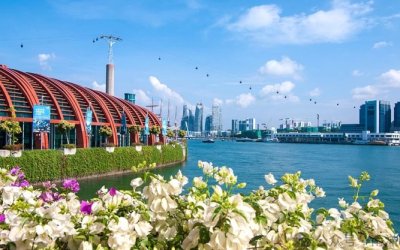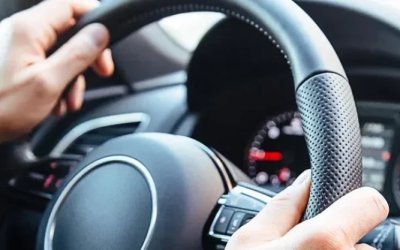2024年5月8日,新加坡教育部長陳振聲在國會書面答覆官委議員拉斯瓦娜副教授關於幫助大學畢業生配備就業所需核心技能的相關問題。
以下內容為新加坡眼根據國會英文資料翻譯整理:
拉斯瓦娜副教授(官委議員)詢問教育部長:(a) 制定了哪些策略來確保大學畢業生具備在現代職場取得成功所必需的關鍵核心技能?
(b) 教育部如何評估和評估將面向未來的技能(例如批判性思維、解決問題和適應能力等)融入大學課程?
陳振聲(教育部長)先生:為了確保我們的畢業生在進入職場時具備必要的關鍵核心技能和能力,教育部 (MOE) 和高等教育機構 (IHLs) 共同制定了」生活技能框架(LifeSkills Framework)「。」生活技能框架」自 2022 年起實施,以我們學生在小學和中學學習的 21 世紀能力為基礎。
「生活技能框架」由10 項關鍵能力組成,包括好奇心和自主學習能力、自我意識和心理承受能力以及人際交往和協作能力。高等教育機構可以根據學生的需求和情況,通過全校和體驗式學習方式,靈活地定製」生活技能「模塊。學術課程、課外活動和實習都是培養生活技能能力的平台。
為了衡量」生活技能「課程的有效性,高等教育機構將學生的」生活技能「能力納入僱主實習評估的一部分。作為年度畢業生就業調查的一部分,畢業生也會被問及高等教育機構在培養他們的生活技能方面做得如何。
教育部和高等教育機構將繼續確保我們的畢業生為未來的工作做好準備。

以下是英文質詢內容:
Assoc Prof Razwana Begum Abdul Rahim asked the Minister for Education (a) what strategies are in place to ensure that university graduates are equipped with the critical core skills essential for success in the modern workforce; and (b) how does the Ministry assess and evaluate the integration of future-focused skills, such as critical thinking, problem-solving and adaptability, into university curricula.
Mr Chan Chun Sing: To ensure our graduates are equipped with the necessary critical core skills and competencies as they enter the workforce, the Ministry of Education (MOE) and the Institutes of Higher Learning (IHLs) have jointly developed a LifeSkills framework. Implemented since 2022, the LifeSkills framework builds on the 21st century competencies taught to our students when they are in primary and secondary schools.
The LifeSkills framework consists of 10 key competencies which include curiosity and independent learning, self-awareness and mental resilience, and interpersonal and collaboration skills. IHLs have the flexibility to customise delivery of LifeSkills modules based on their students』 needs and profiles, through a whole-school and experiential learning approach. The academic curriculum, co-curricular activities and internships all serve as platforms for nurturing LifeSkills competencies.
To gauge the effectiveness of the LifeSkills curriculum, IHLs have incorporated students』 Lifeskills proficiencies as part of the internship assessment by employers. Graduates are also asked about how well the IHLs have equipped them with LifeSkills competencies as part of the annual Graduate Employment survey.
MOE and IHLs will continue to ensure that our graduates are prepared for the future of work.
HQ丨編輯
HQ丨編審
新加坡國會丨來源


